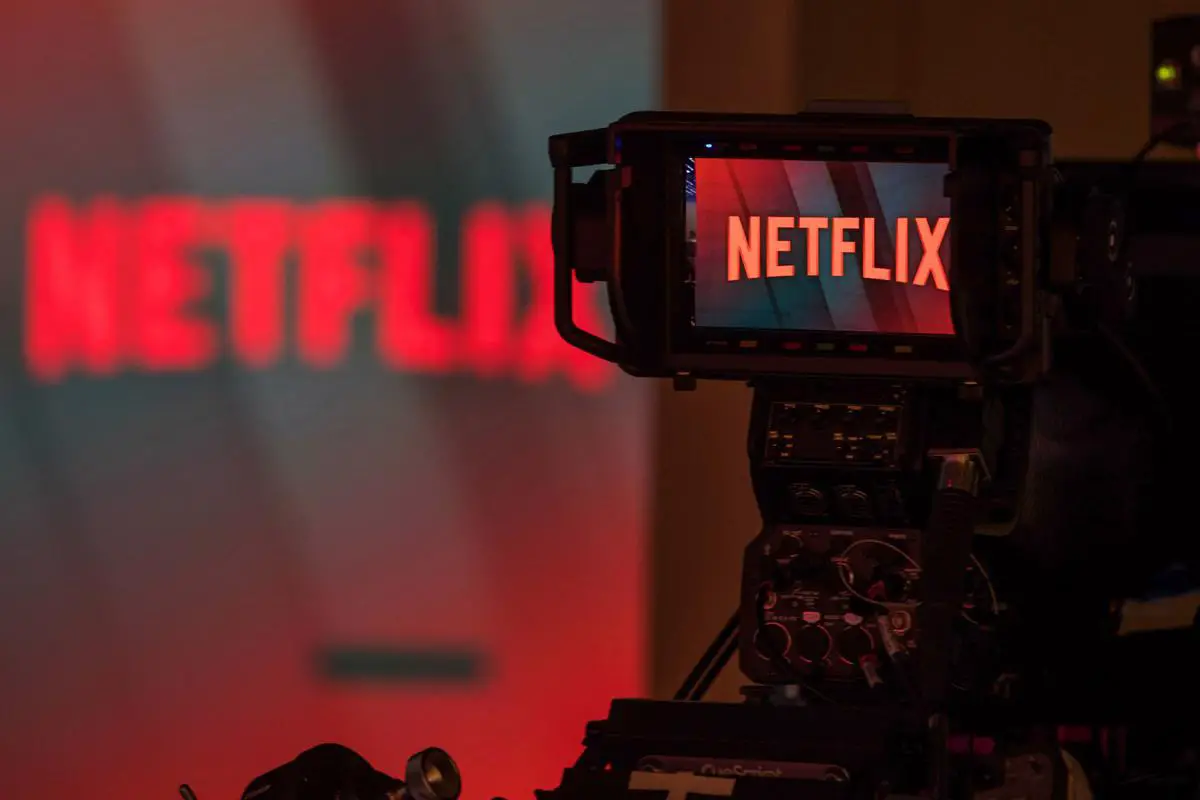When Netflix was founded in 1997, no one expected it to transform into the megalithic corporation it is today. Ten years after its creation, however, the company decided to pivot their focus from rental-via-email to media streaming, and their success since then is well documented.
Instead of resting on their laurels, however, Netflix has continued to improve. The innovative brand has raised the bar for its own original programming, in addition to setting the standard for what a streaming service can offer. In fact, there is every reason to believe the company will only continue to improve. Here’s why.
One of a Kind
Netflix has been one of a kind since day one. Before the Los Gatos-based company got into the movie industry, Blockbuster dominated the media market. The now defunct movie-rental store offered a massive variety of films at their physical locations, which made having a movie night as simple as driving to its nearest outpost. However, Netflix changed the game by harnessing the utility of the internet before Blockbuster was able to catch up. The start-up let consumers order movies online that then arrived in the mail, and customers could send them back whenever they wanted.
The novel concept slowly began to create a fandom of people who liked to come home, find a movie in the mail and then relax in the comfort of their own home. As smart technology improved, Netflix capitalized on its newfound capabilities and began offering customers the option to skip the mail-order route and instead order movies directly off their televisions. Over time, Netflix’s offerings grew, as did their fanbase, and the streaming service has controlled the media-streaming world since.
Along with their new distribution methods, Netflix also lured consumers in with their subscription-based pricing model. For hardly any money at all, users could have all the content they wanted at the tip of their fingers. Plus, there were no commercials, an innovation whose appeal is nearly impossible to underestimate. Although it seems insignificant now, creating a commercial-free streaming environment truly changed the game.
Personal Profiles
Netflix’s success relies on the customer’s experience. So, to better cater to their users, the service created personal profiles that allow consumers to watch whatever they want and add films to their personal queue using the “My List” feature. “My List” gives fans the ability to come back and watch a show they had their eye on but were unable to find at the time. The function has become increasingly valuable as Netflix accounts tend to be shared by a group of people, often a family or friend group. Using the “My List” feature however, these users can keep their preferences distinct from others on the account, allowing their favorites to remain uncompromised by others’ watching habits.
As users frequent the list, Netflix gathers information on their watching habits. The company takes this information, along with data reflecting other user tendencies, and uses it to craft a more personalized page, showing you series and movies you might have never heard of but still enjoy.
Their algorithm takes into account preferences you probably didn’t even know you had, meaning the service can eventually suggest media for you better than you could for yourself. And, as the company gains more and more information, this customization only becomes more accurate. With time, your Netflix queue might very well become so bespoke to your tastes that your only problem will be a lack of time to watch the recommendations.
Trust the Original Programming Process
Unlike traditional television networks, when Netflix creates a new show, they give the creator the money upfront and, depending on the success of program, will ask straightaway for a second season right after the first one drops.
While their method might seem risky, Netflix has reason to be confident. The first show the network created, “House of Cards,” has become a nationwide phenomenon and will be releasing its much-heralded sixth and final season Nov. 2. Had Kevin Spacey’s career not imploded, the series might have very well continued for several more seasons.
Moreover, because of the financial stability their subscription-based pricing provides the company, Netflix has been able to continually experiment with its platform. The company has essentially created a massive captive audience that happily acts as both guinea pig and prized consumer, which has allowed the brand to study consumption behaviors in ways never before possible. Using this information, Netflix will only continue to optimize their offerings, fine-tuning the user experience with every new tweak.
Writers
Of course, fans are not the only people witnessing Netflix’s rapid ascent. Writers from other networks, such as ABC, have admitted that in light of Netflix’s success, many have been tempted to abandon their network contract to work for the streaming service. As funny as it sounds, Netflix still innovates as if they have a chip on their shoulder. By bringing in high-profile writers and their attendant high-profile salaries, the screenwriters understand they have to deliver.
Plus, to further incentivize their writers, Netflix offers these creatives massive budgets and unparalleled control over their projects. The result is innovative material, stuff that the writers and artists really want to be making, and fans have embraced the new material with open arms. The company’s “chip on their shoulder” mentality, then, ultimately benefits the writers, actors and consumers, meaning everyone wins but cable television.
Video Gaming?
In June, Netflix announced their partnership with Telltale Games. Through the deal, subscribers will be able to play adventure-based games that allow the user to choose what the character does, affecting the outcome as time goes along. The first game the duo will release is “Minecraft: Story Mode,” which is set to release later this year.
The choose-your-own-adventure format Netflix plans to experiment with in “Minecraft” might also make its way into other types of media. The streaming service is reportedly employing the concept for the new season of “Black Mirror,” allowing viewers to choose the protagonist’s decision and affect the outcome of the episode. Personally, the DIY method never seems to translate as well in reality as it does conceptually (I’m looking at you, “Goosebumps”), but if anyone can pull off such a provocatively unorthodox stunt, it’s the people behind “Black Mirror.” Look for the new season this December.
















